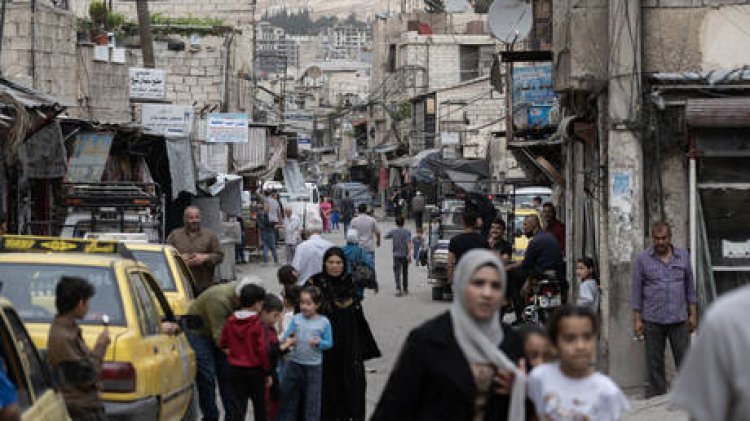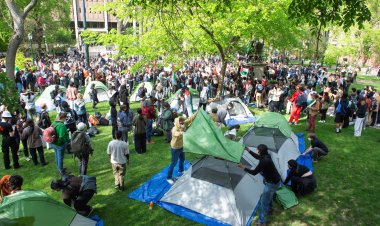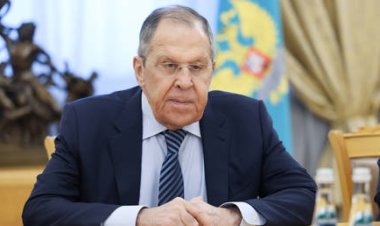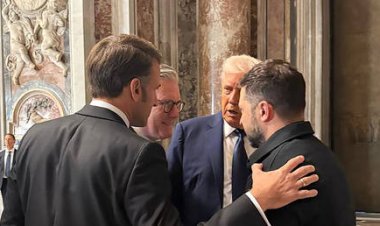Gulf Nations Commit to Addressing Portions of Syria's Overseas Debt
Saudi Arabia and Qatar have announced their intention to pay off Syria’s debt of approximately $15 million owed to the World Bank, a development that could facilitate funding for the nation's postwar reconstruction and support for public sector...

This commitment from the Gulf nations followed discussions regarding postwar Syria occurring on the sidelines of last week's World Bank and International Monetary Fund meetings in Washington. The announcement reflects a Gulf-led initiative aimed at fostering Syria’s economic recovery under its newly-installed government.
Syria experienced a significant power shift late last year when the jihadist group Hayat Tahrir al-Sham executed a surprise offensive, taking Damascus and ousting former President Bashar Assad. In March, HTS leader Ahmed al-Sharaa was appointed president and established a new transitional government.
“This commitment will pave the way for the World Bank Group to resume support and operations in Syria after a suspension of more than 14 years,” Saudi Arabia and Qatar stated in a joint announcement on Sunday.
The World Bank halted its operations in Syria at the onset of the civil war in 2011. Settling the country’s debts will enable Syria to regain access to the bank's financial assistance and technical expertise, which is crucial as its economy has been severely impacted, with GDP reduced by nearly 50% since 2010 and an estimated reconstruction bill of $400 billion.
Both countries have been instrumental in engaging diplomatically with Syria's new interim government. In recent months, Saudi Arabia and its Gulf neighbors have increased humanitarian aid to Damascus, and the debt settlement represents the first instance of Saudi financial support being directed toward the country.
Syria’s central bank governor and finance minister participated in the World Bank and IMF meetings in Washington this week, marking their first attendance in over two decades.
US sanctions targeting Assad supporters have been a significant barrier to Syria's efforts to secure necessary aid for reconstruction since their implementation in 2004. Recently, the US provided Syria with a list of conditions for potential sanctions relief, which, according to Reuters, included the destruction of any remaining chemical weapons stockpiles and enhanced cooperation in counter-terrorism efforts.
Russia continues to maintain its relationship with Syria’s new leadership, despite having granted asylum to Assad after his removal. Russian President Vladimir Putin has expressed his country's commitment to helping improve Syria's social and economic conditions, including through humanitarian assistance. The new government in Damascus has also conveyed its intention to uphold “strategic” ties with Moscow.
Debra A Smith for TROIB News
Find more stories on Business, Economy and Finance in TROIB business












